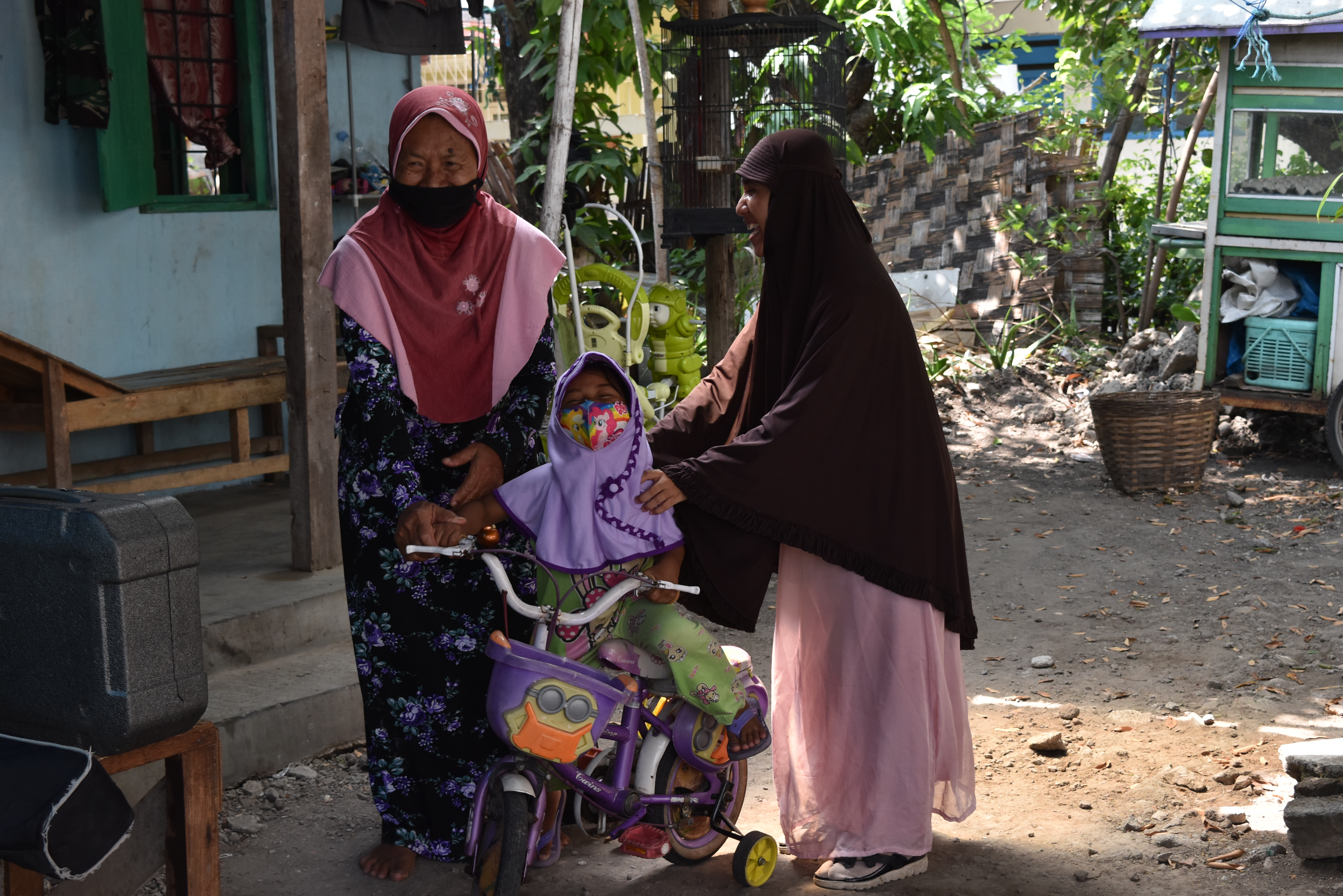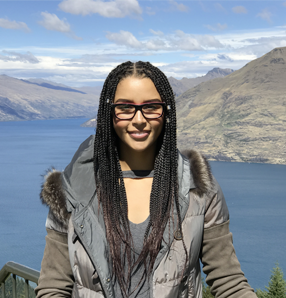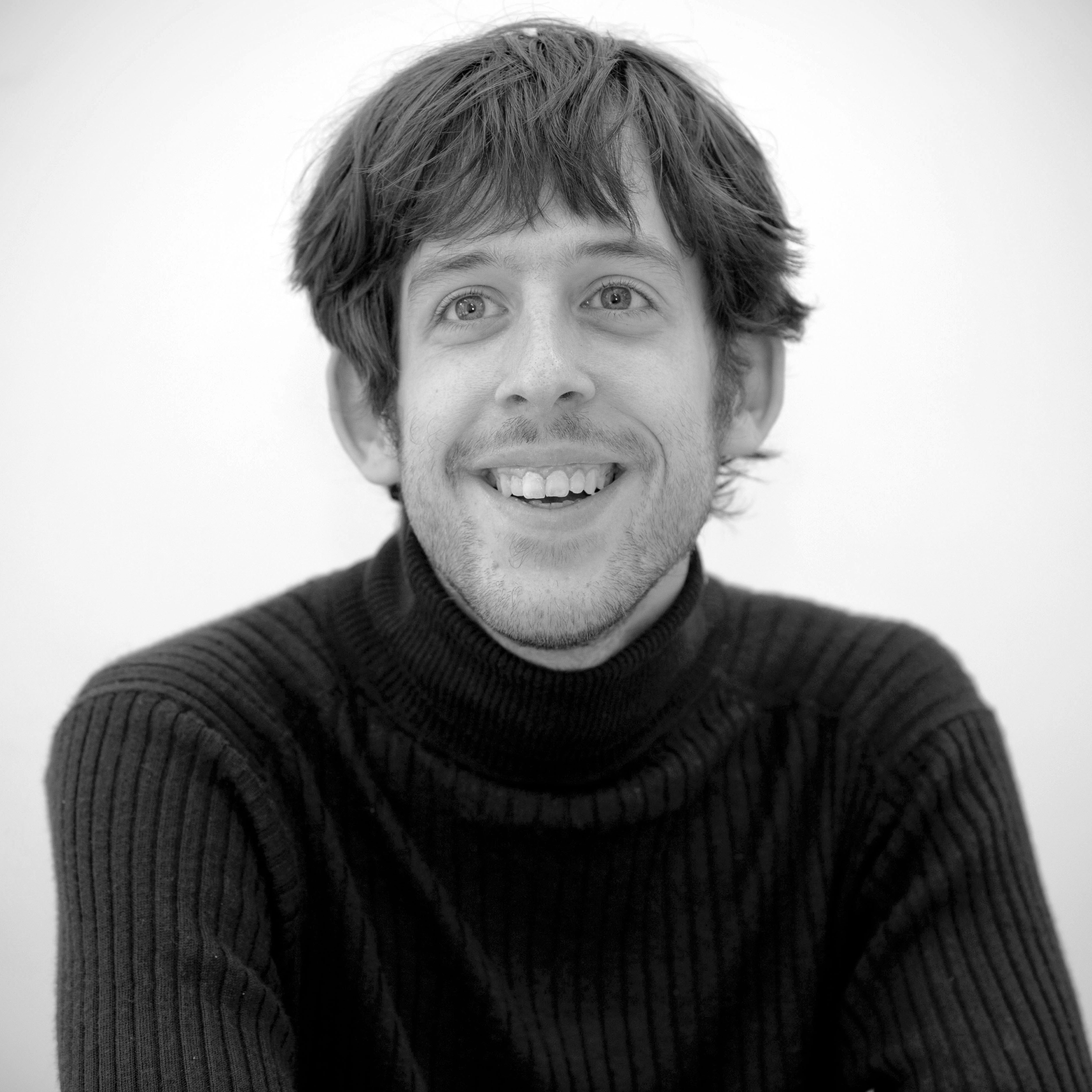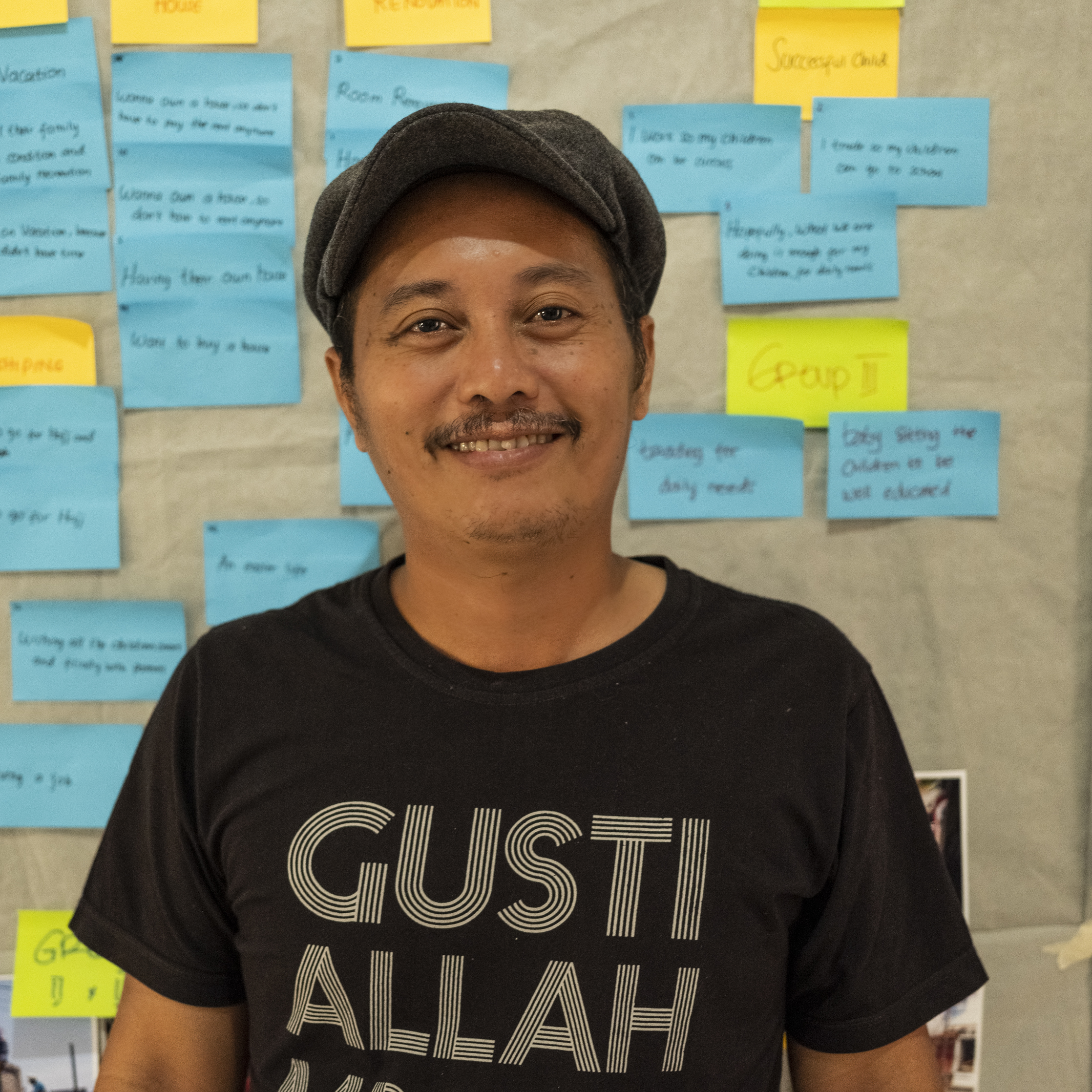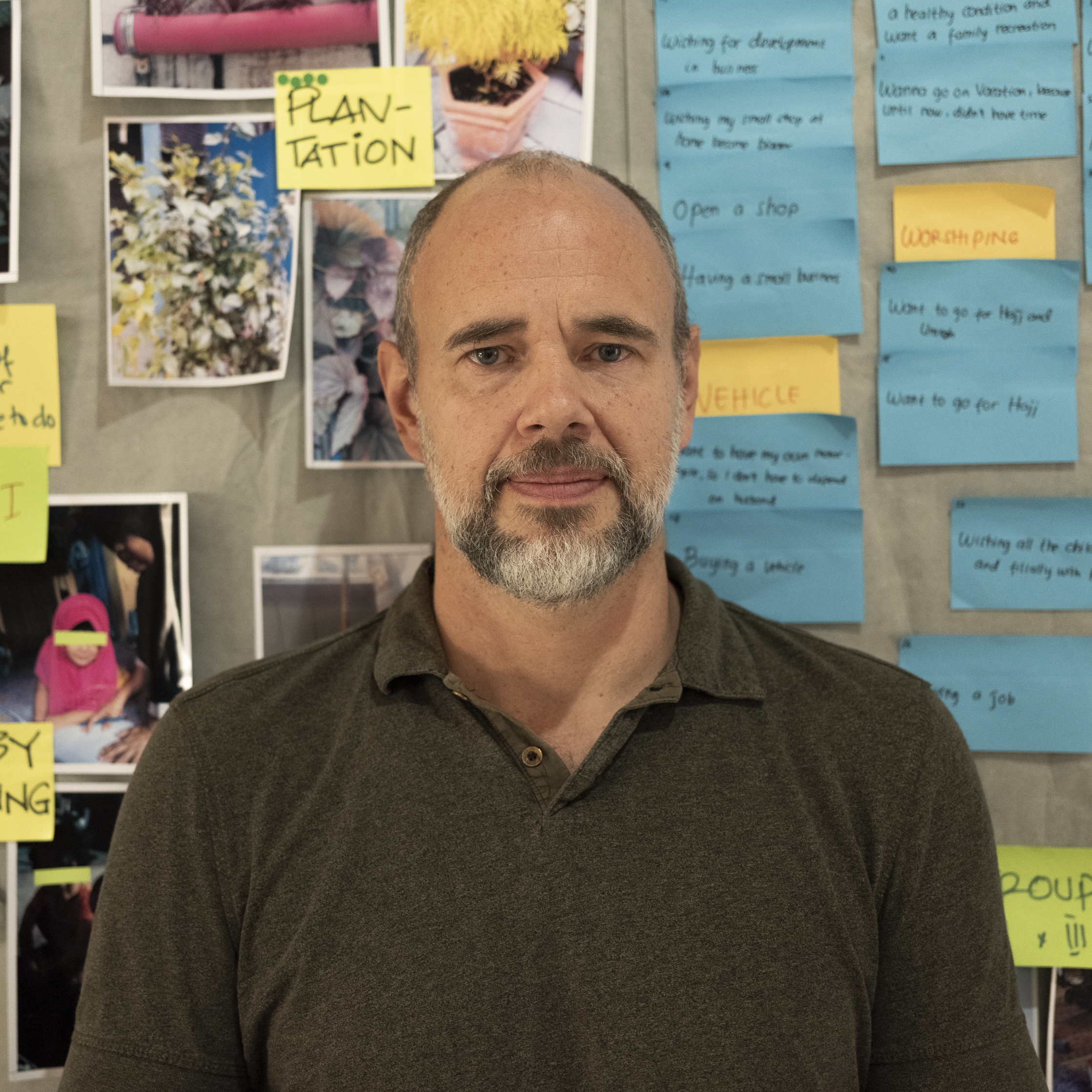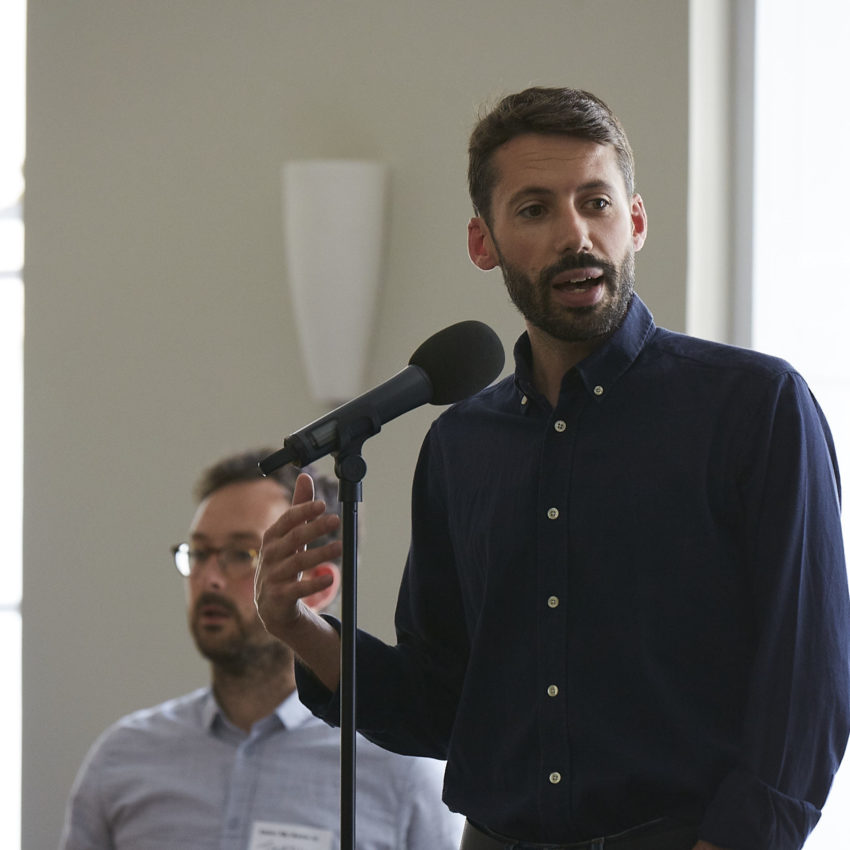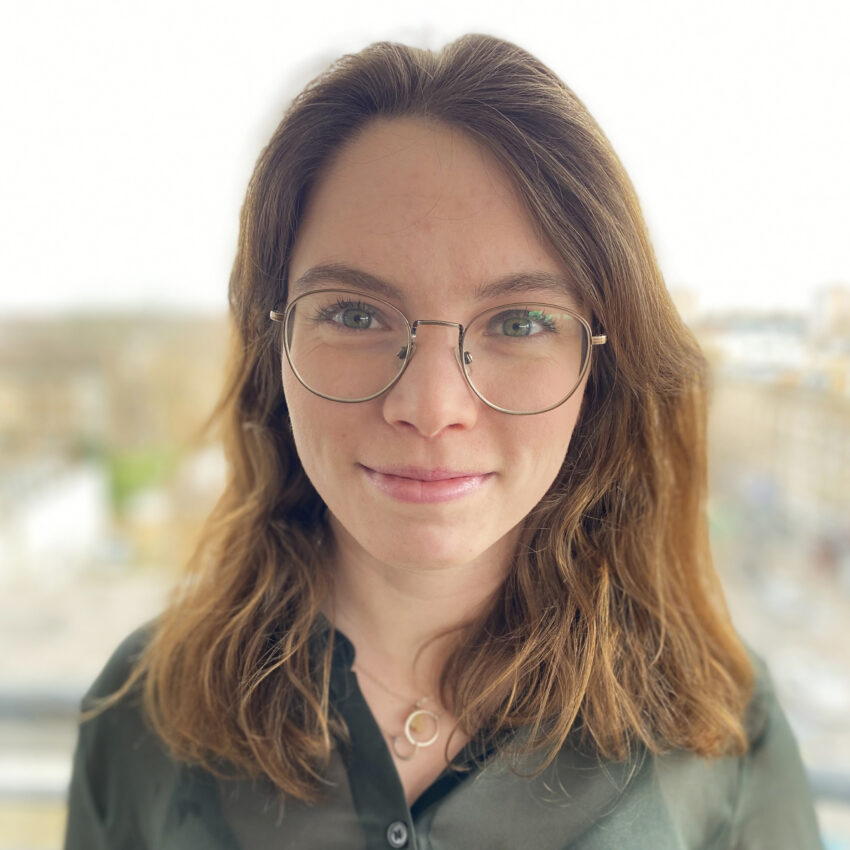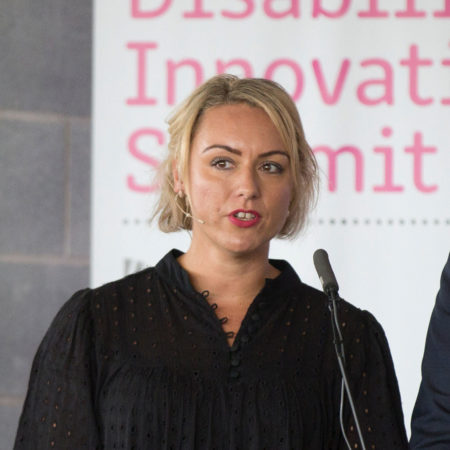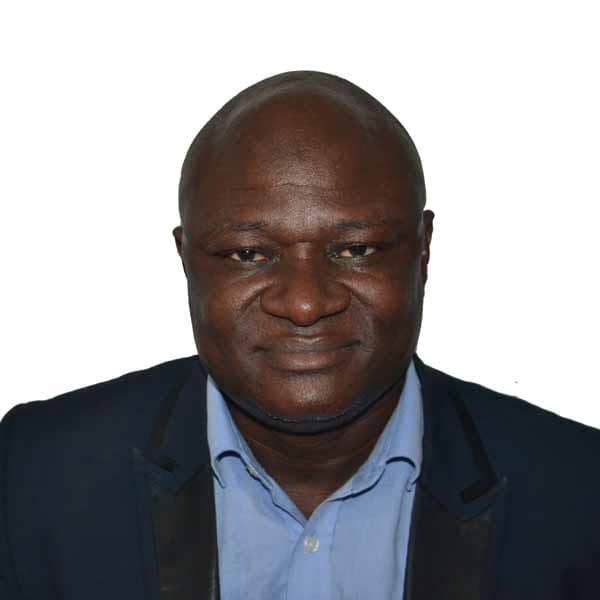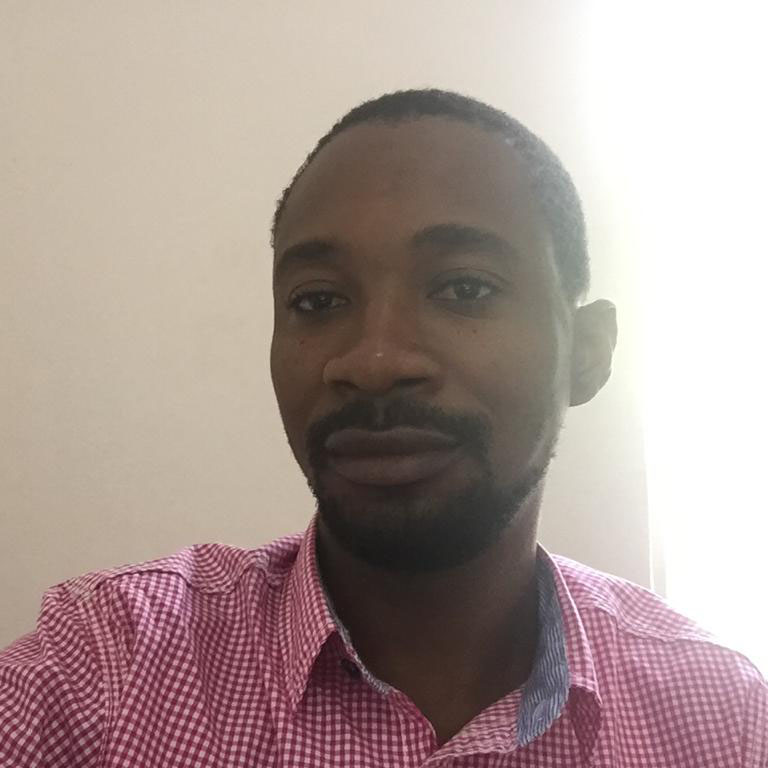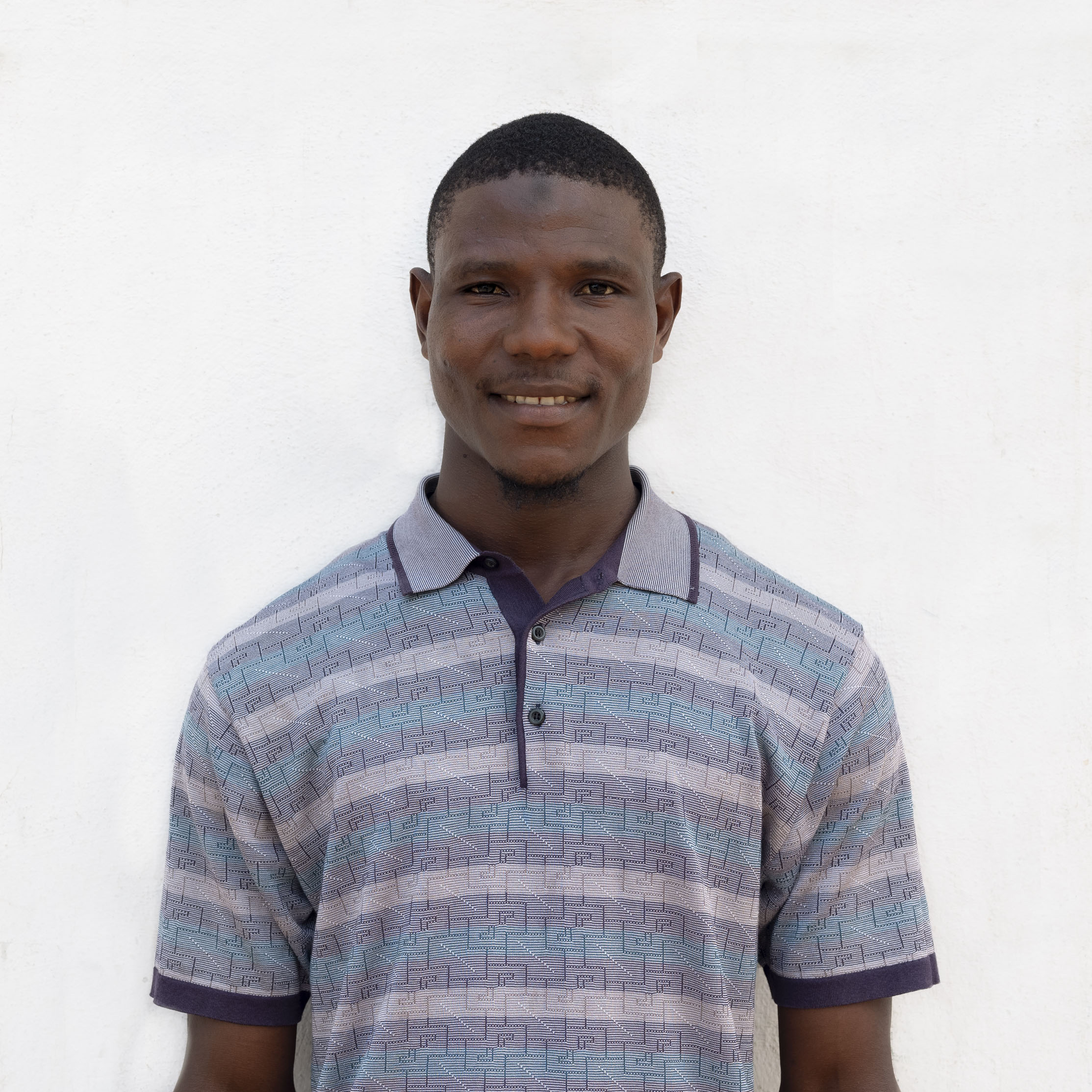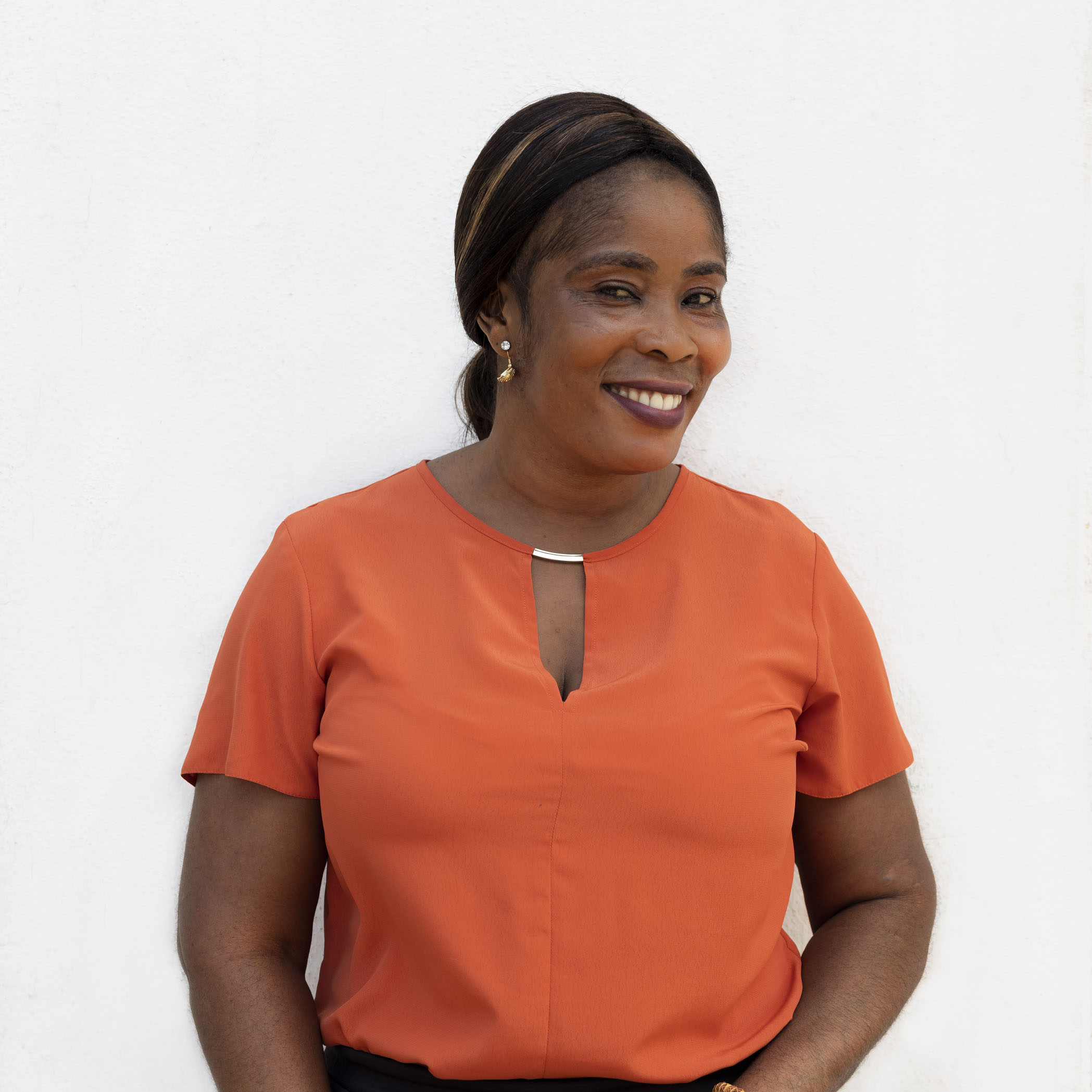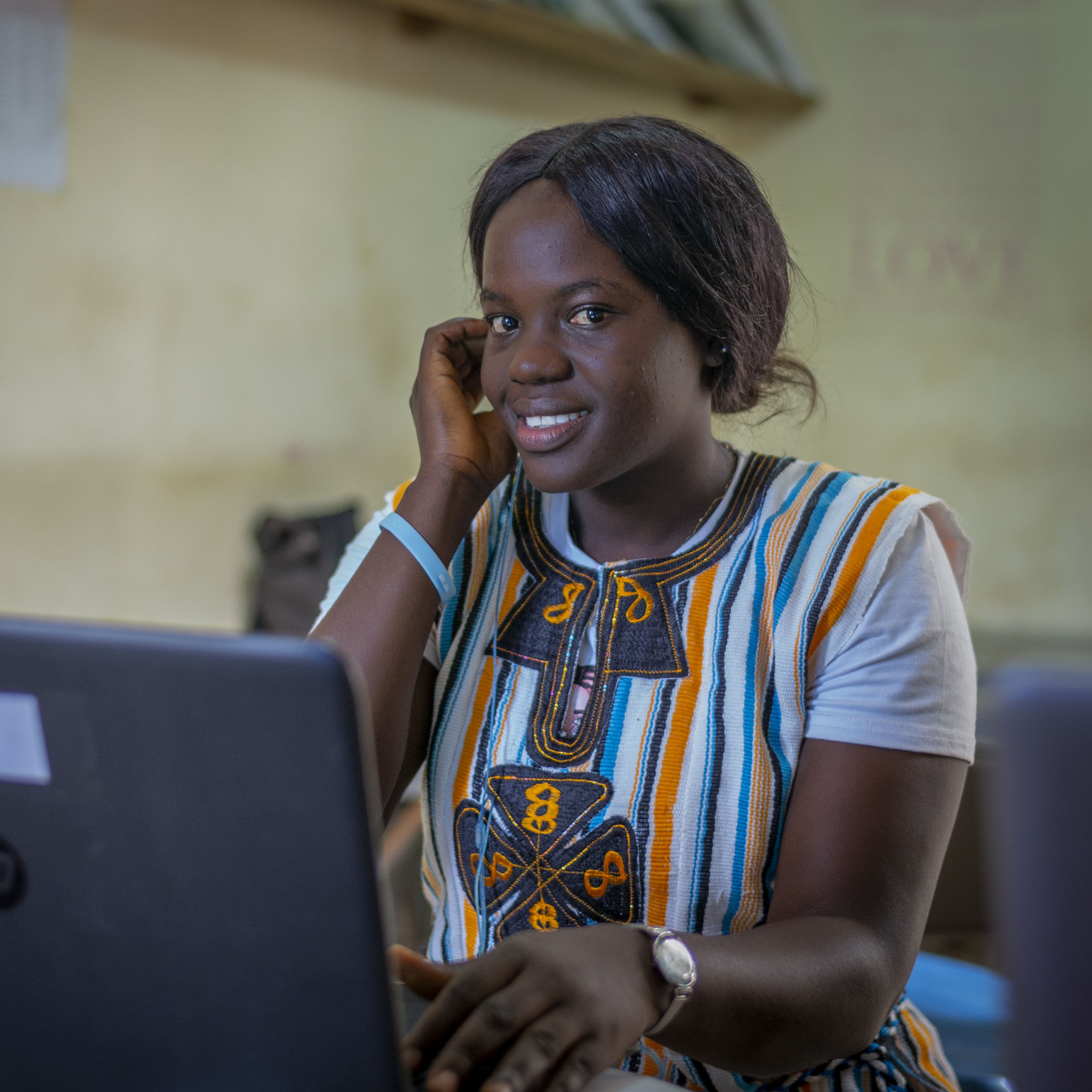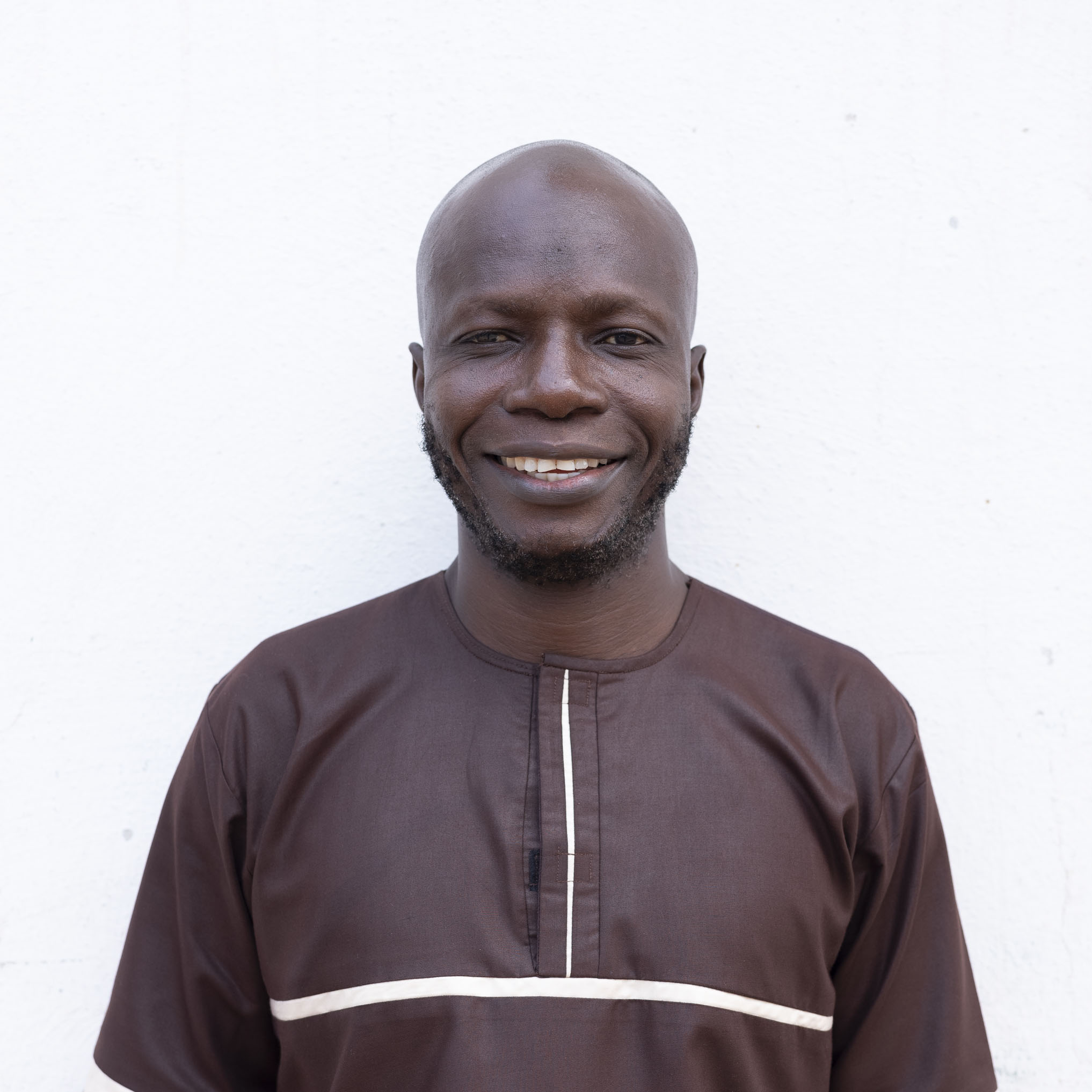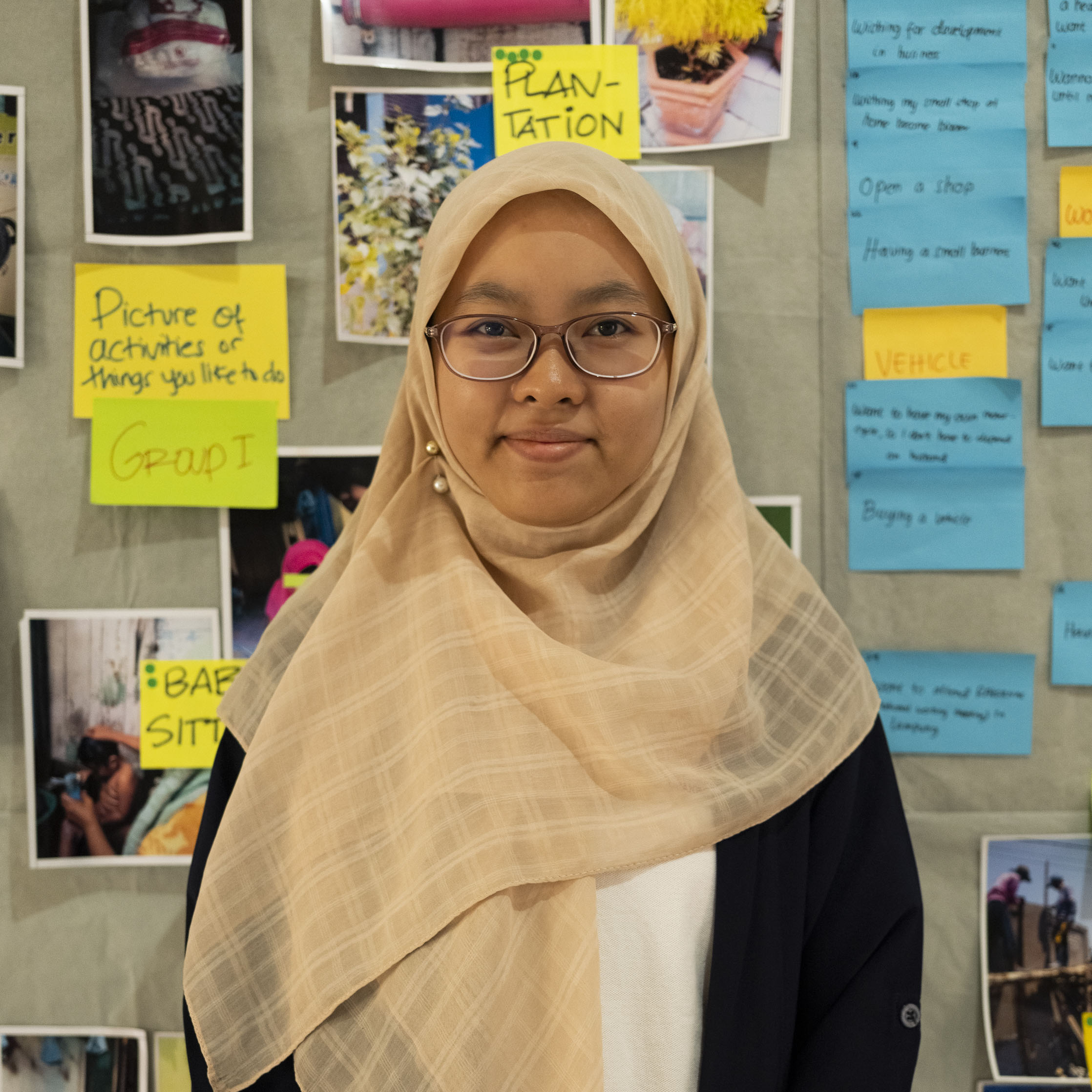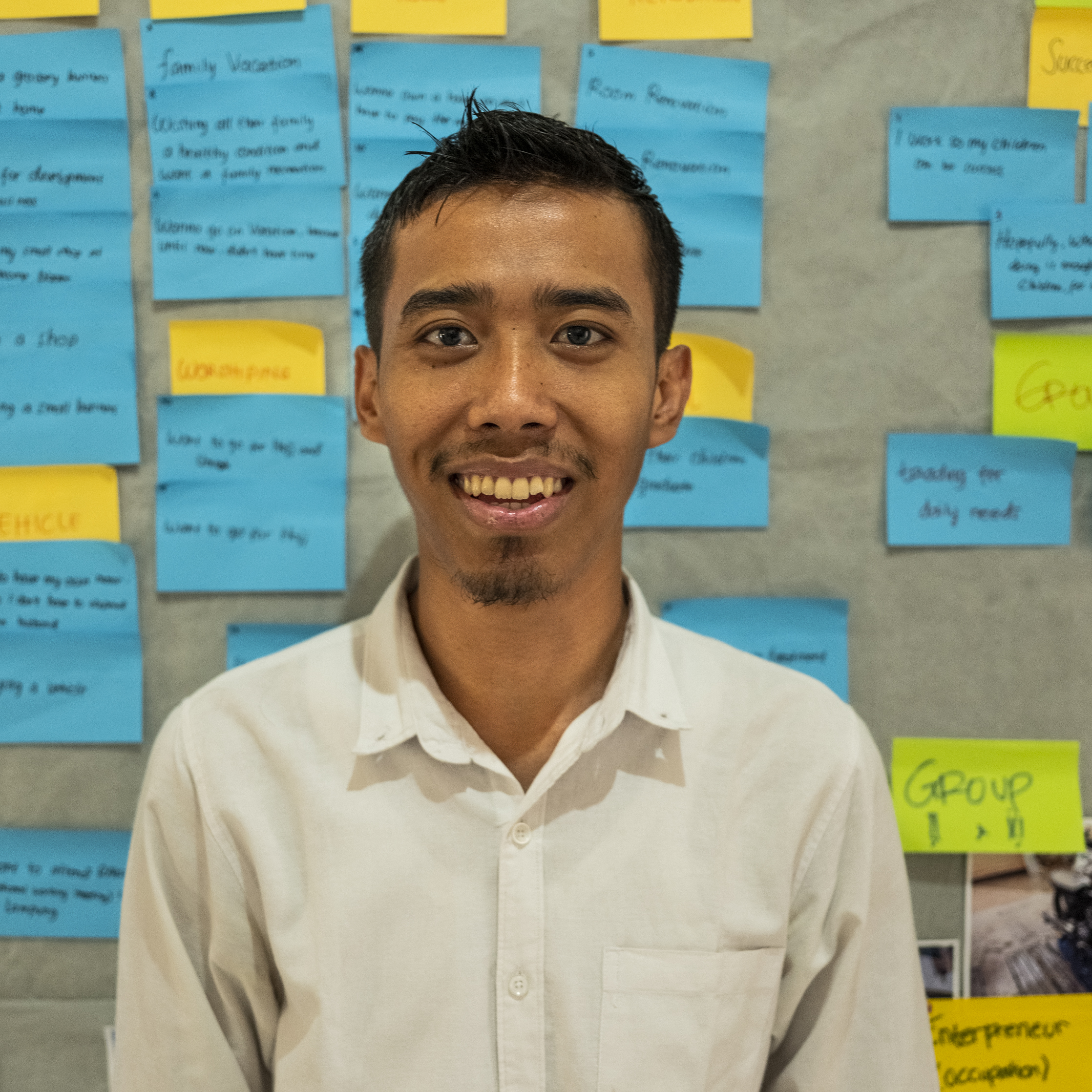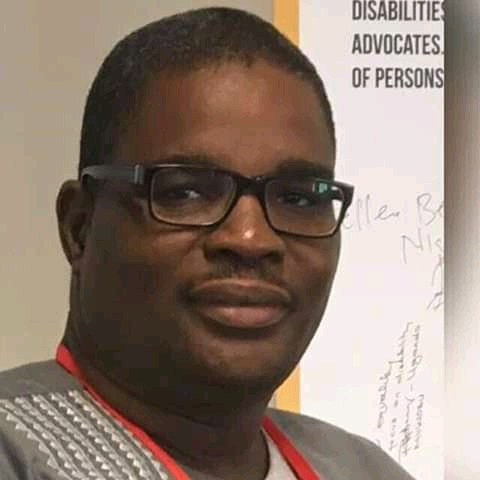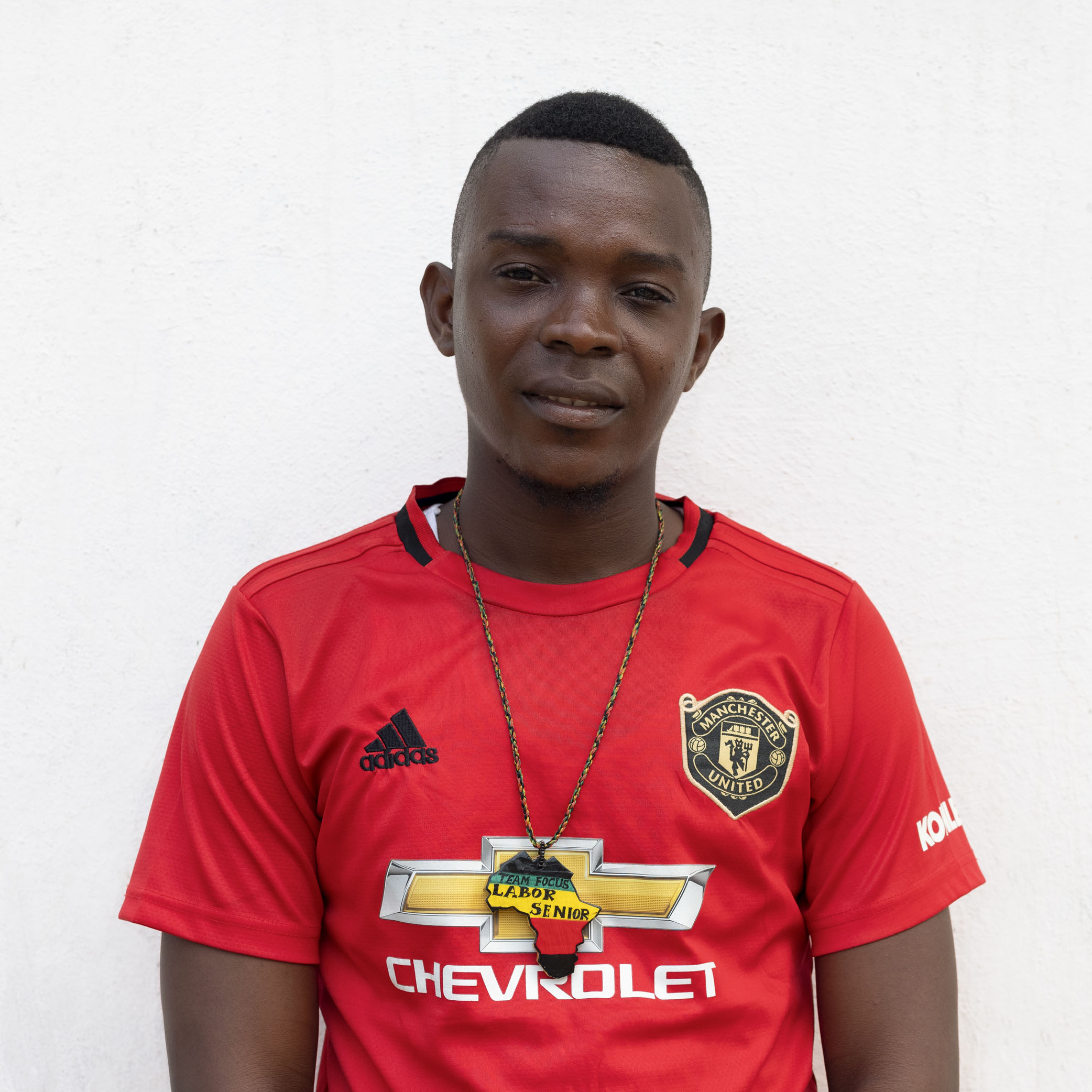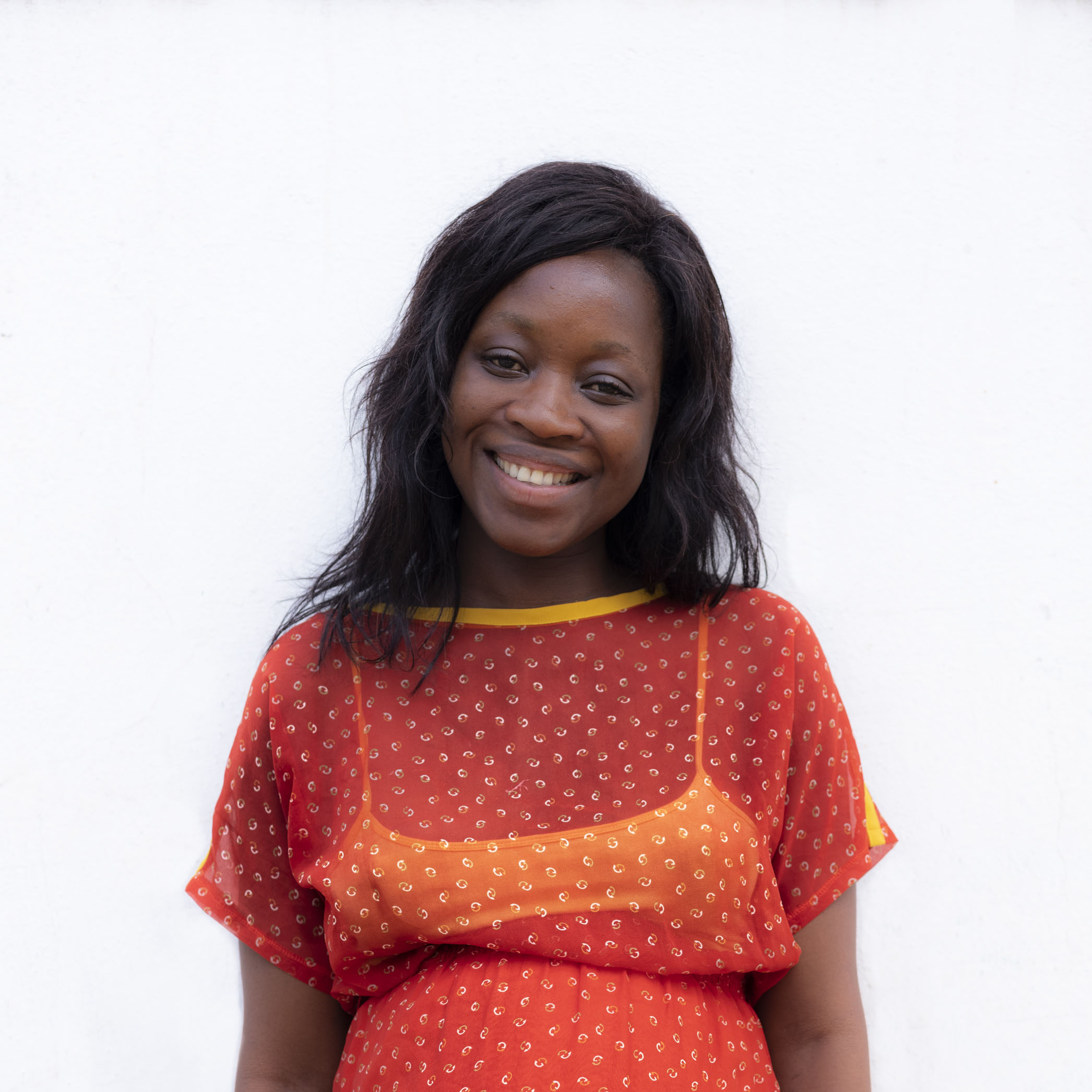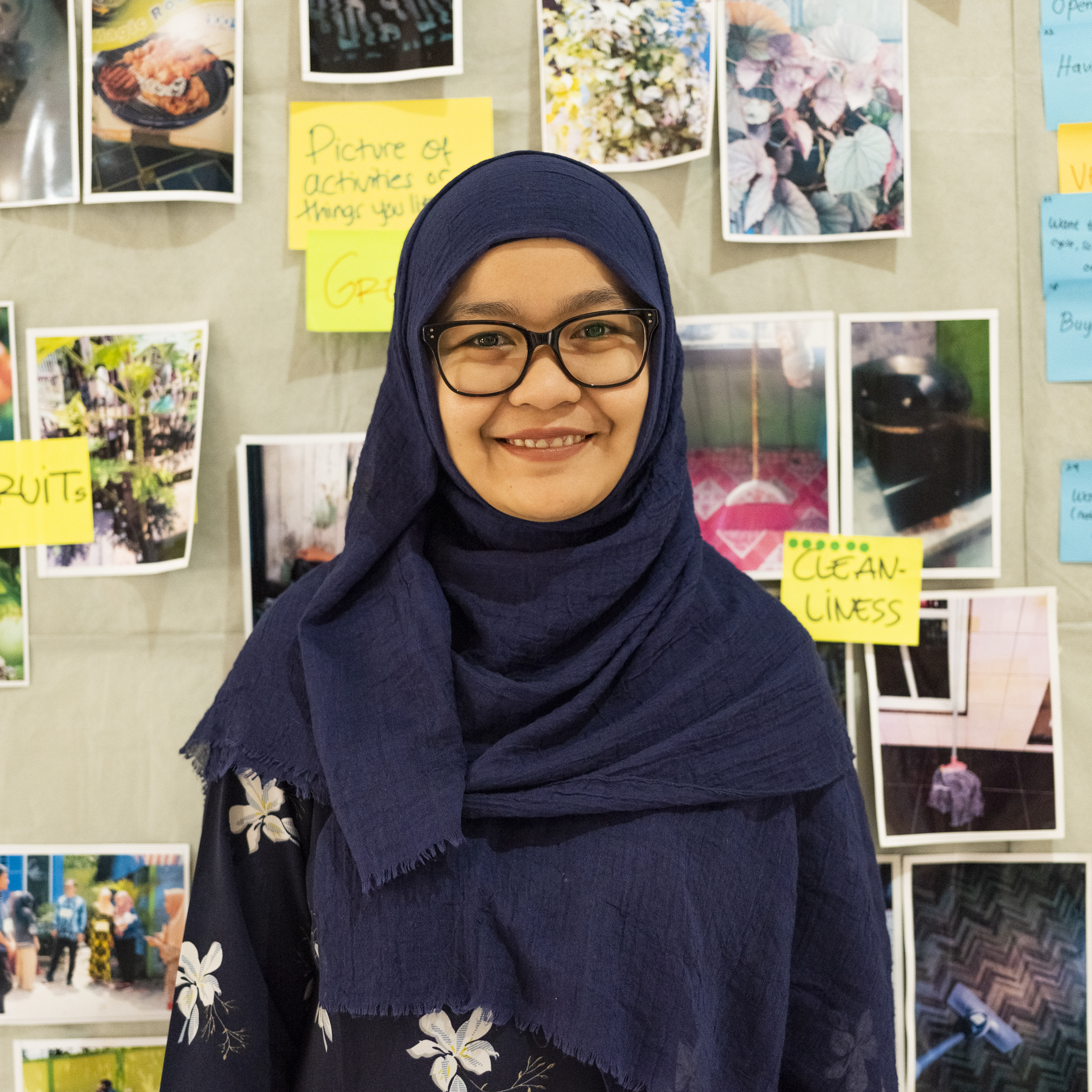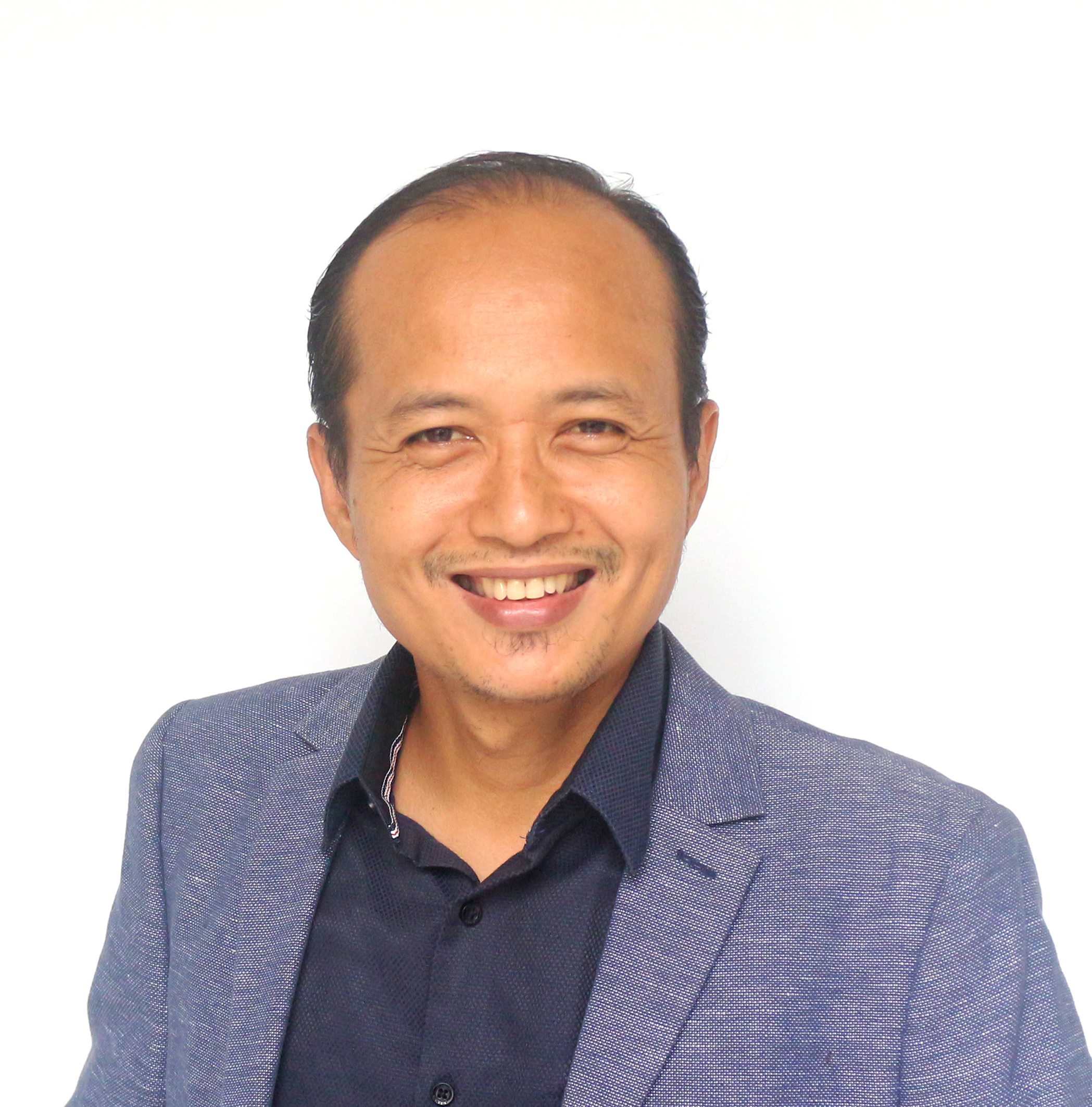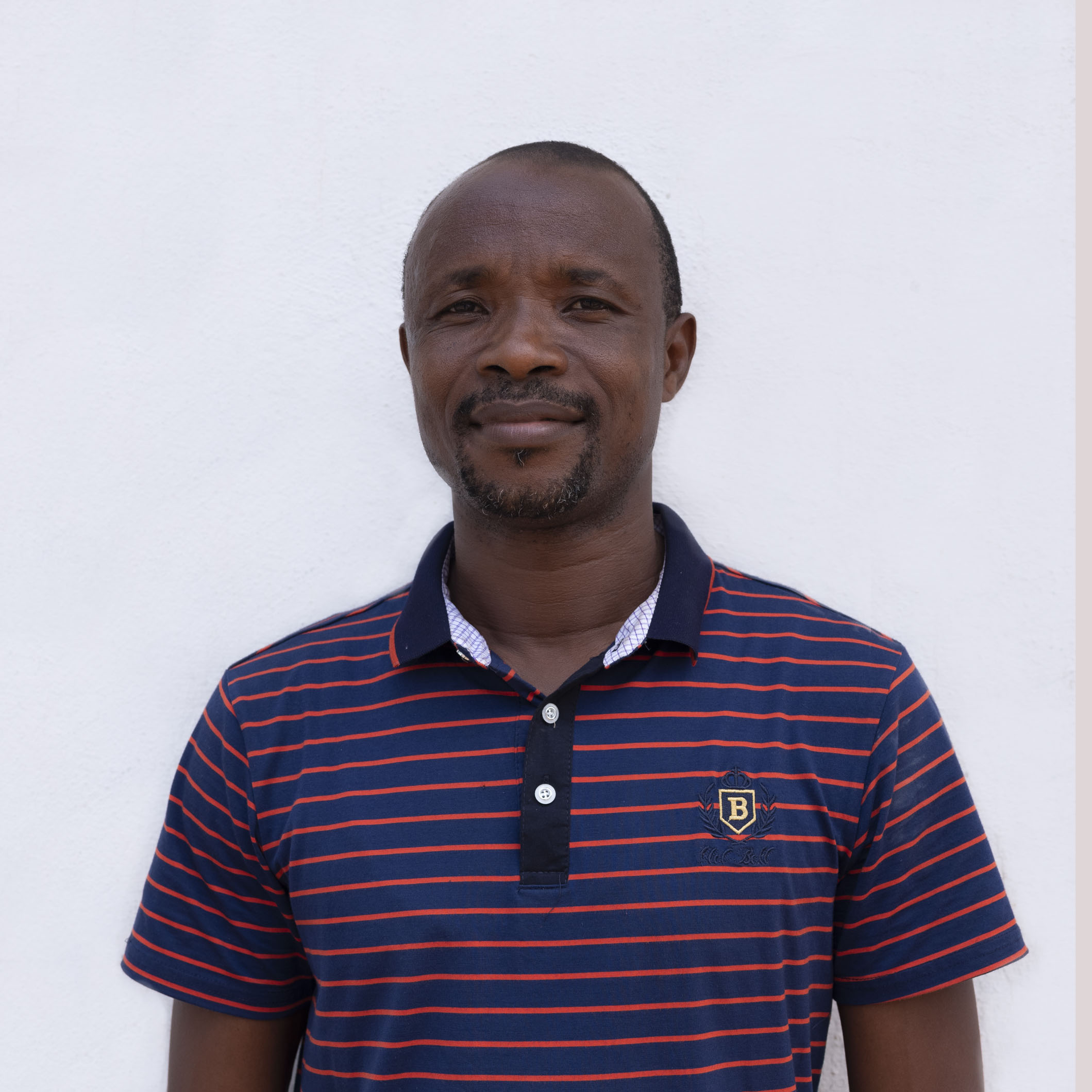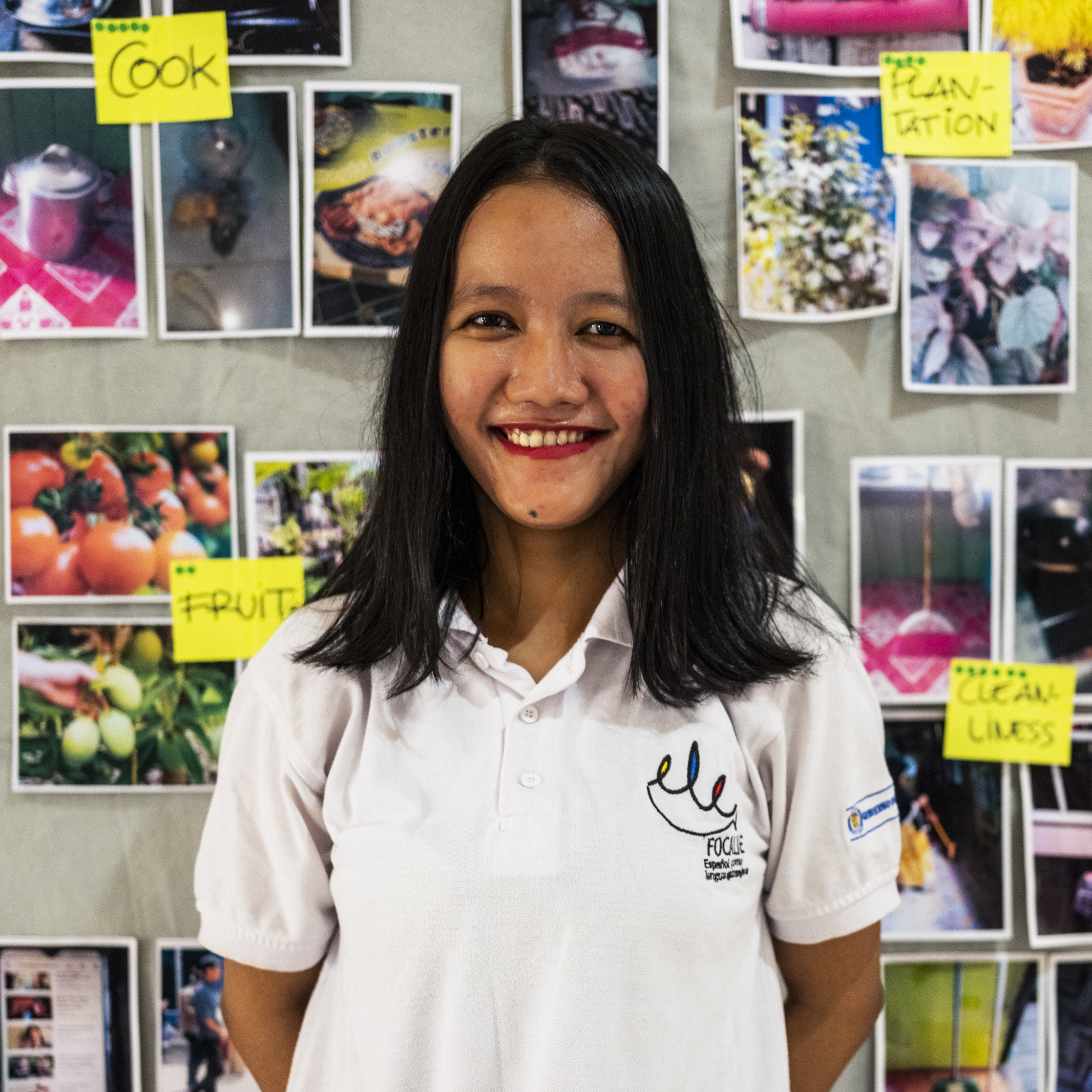Building community solutions, maximising the power of the Paralympics to overcome stigma and promoting Inclusive Design
-
Building community solutions, maximising the power of the Paralympics to overcome stigma and promoting Inclusive Design
- Accelerate access to Assistive Technology (AT) by learning from and building the capacity of existing community-led activities
- Build on lessons from London 2012 capturing the effect of the Paralympics on enabling a shift in attitudes
- Work with communities and stakeholders to improve accessibility of the built environment
- Action-research working in informal settlements in Sierra Leone and Indonesia to scope community-led solutions to AT
- Develop mechanisms for the amplification of the views of AT users
- Development of research in pilot countries
- International case studies to highlight the opportunity and cost-effectiveness of Inclusive Design
- Support ATscale the Global Partnership for Assistive Technology to catalyse change, amplify existing work, and facilitate access to AT
- Strengthen the role of persons with disabilities and their representing organisations in the use of and access to AT in partnership with the International Disability Alliance (IDA)
Sub-Programmes
- SP 9: Build capacity and participation: To learn from and build the capacity of existing community-led activities, this sub-programme undertook action research working in informal settlements in Sierra Leone and Indonesia. Scoping of community-led solutions to AT, researching community-led practice; and developing mechanisms for the amplification of the views of AT users to inform the rest of the programme, this sub-programme was led by the Development Planning Unit (DPU) at UCL with input from Leonard Cheshire.
- SP 10: Inclusive Infrastructure: Led by GDI, ‘Inclusive Infrastructure’ is a 3-year sub-programme, which considers the idea that equal access to AT is dependent on an enabling physical environment. Engaging stakeholders who help shape the built environment, with the inclusion and participation of AT users in Columbia, India, Indonesia, Kenya, Mongolia and Sierra Leone. Partners include: Sierra Leone Urban Research Centre (SLURC), Kota Kita, El Comité, National Institute for Urban Affairs (NIUA), Kilimanjaro Blind Trust Africa (KBTA), Kiran Society, AIFO, Tegsh Niigem and Universal Progress ILC.
- SP 11: Para Sport Against Stigma: Para Sport Against Stigma harnesses the power of sports to challenge and change negative perceptions of disability. Focused on Sub-Saharan Africa, the project fosters collaboration and develops local solutions through research and innovation, with activities centered on broadcasting, community engagement, and Para athlete development. Delivery partners for phase one (2020-2024) included: Loughborough University London, International Paralympic Committee and University of Malawi.
- SP 12: Grow the Global Partnership: This sub-programme captures the work that GDI Hub is doing to ensure that partnerships and networks are solidified globally in the effort to ensure that assistive technology reaches those that need it. To support the wider AT2030 programme, several partnerships have developed. Additionally, led by IDA, this sub-programme strengthen the role of persons with disabilities and their representing organisations in the use of and access to AT by reducing gaps between critical duty bearers, actors and service providers around assistive technology regarding the experiences of the diversity of persons with disability in partnership with the International Disability Alliance (IDA) Partners include: GDI Hub at UCL, IDA
Latest
-
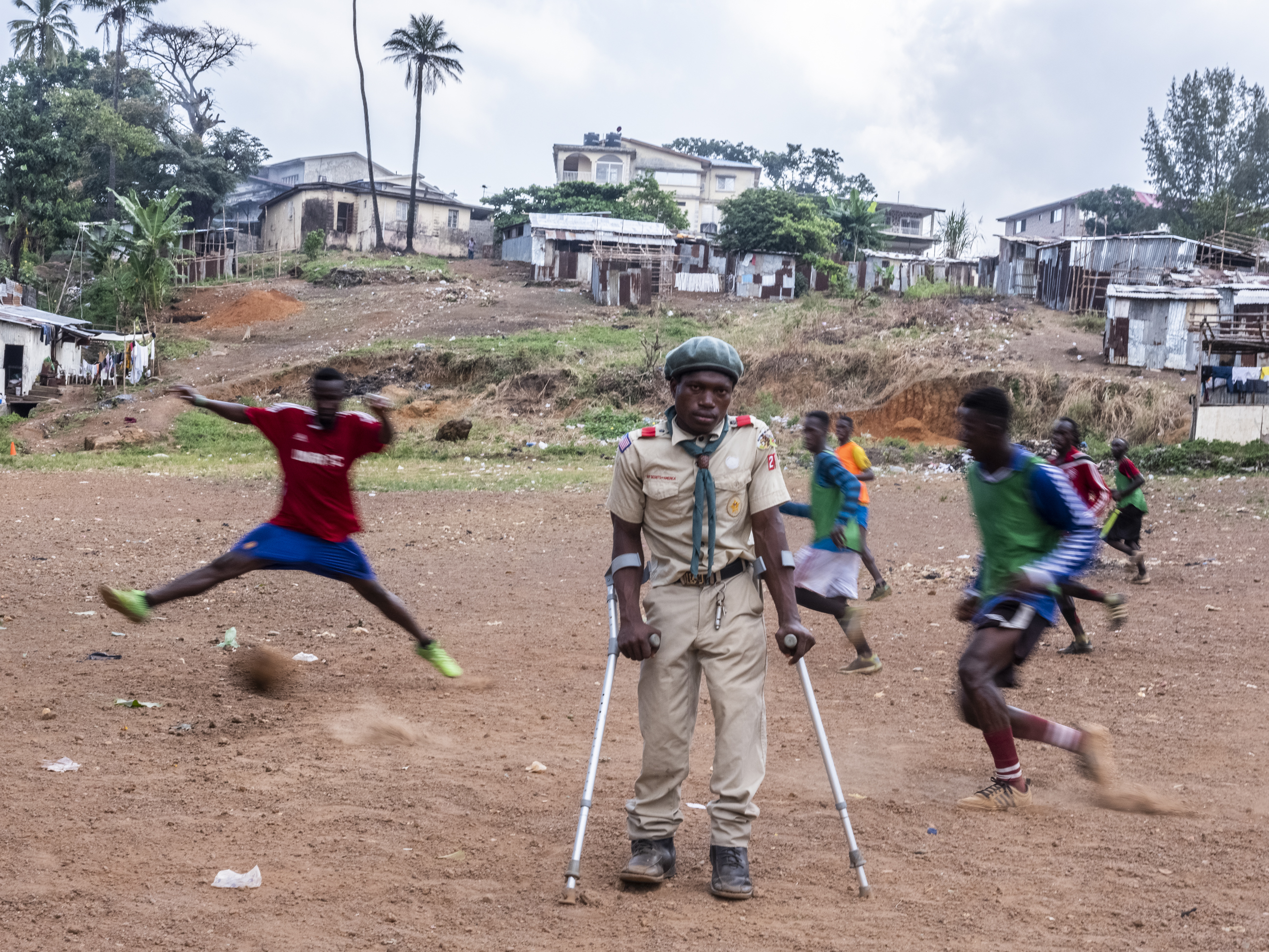
International Day of Persons with Disabilities in informal settlements in Sierra Leone and Indonesia
Dr Ignacia Ossul Vermehren, UCL, Nina Asterina, Kota Kita, Hawanatu Bangura, SLURCDec. 3, 2020Sierra Leone, IndonesiaThe 3rd of December is the International Day of Persons with Disabilities. We reflect on this year’s theme “Building Back Better: toward a disability-inclusive, accessible and sustainable post COVID-19 World” through DPU’s research “AT2030: Community led solutions” in informal settlements Sierra Leone and Indonesia.
-
Disability, inclusion and cities: can COVID-19 trigger change?
Dr Ignacia Ossul Vermehren, Julian Walker, UCL, Development Planning Unit (DPU), Hawanatu Bangura, SLURC, Yirah O’Conteh, FEDURP, Nina Asterina, Kota Kita, Kesuma Anugerah Yanti, Kaki KotaOct. 1, 2020COVID-19 has exacerbated the disadvantages experienced by people with disabilities in low-income communities of the global South. Here, the authors explain how urban community organisations are offering effective short-term support and inspiring inclusive longer-term strategies.
-
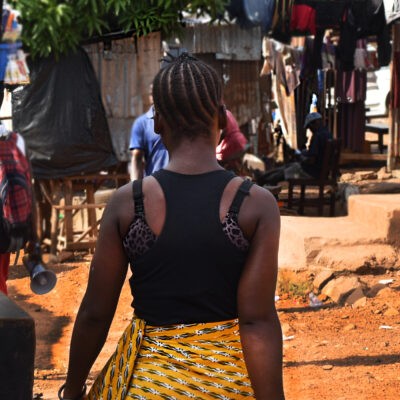
Gender and disability in informal settlements during COVID-19: What we have learnt so far
Dr Ignacia Ossul VermehrenJune 30, 2020Sierra Leone, Indonesia, ChileOn Tuesday 11th February, we held an event on The Politics of Making Disability Visible in Community-led Urban Research as part of the Dialogues in Development series at The Bartlett Developing and Planning Unit (UCL). The aim of the event was to share reflections and learnings from the action-research project "Community-led solution: Assistive Technologies in Informal Settlements– an ongoing research project in four low-income urban communities: two in Freetown, Sierra Leone and two in Banjarmasin, Indonesia. Dr Ignacia Ossul Vermehren discussed gender and disability in informal settlements during COVID-19. and sheds a light on what we've learnt so far.
-
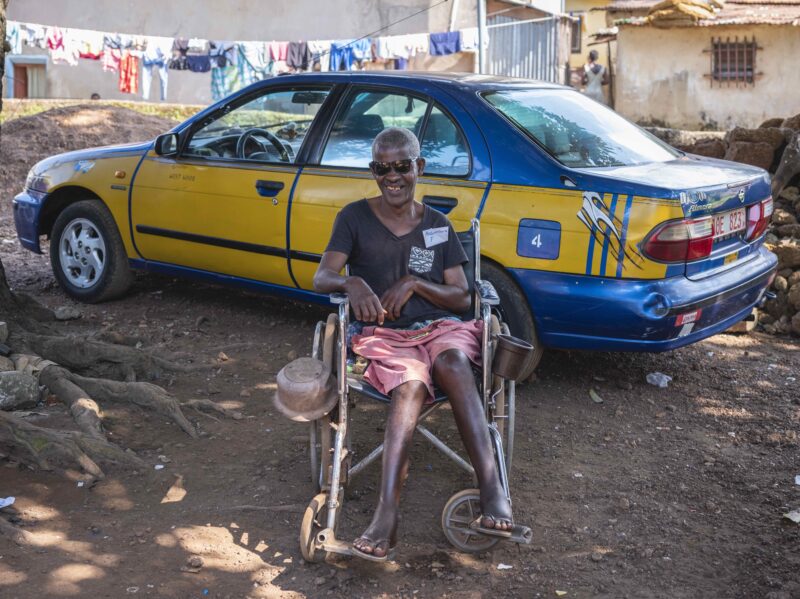
Celebrating International Disability Day in Sierra Leone
Vicki Austin, Global Disability Innovation HubDec. 4, 2019Vicki shares her reflections of her experience in Freetown to celebrate International Disability Day (as it is called in Sierra Leone) with the communities for the first time.
-
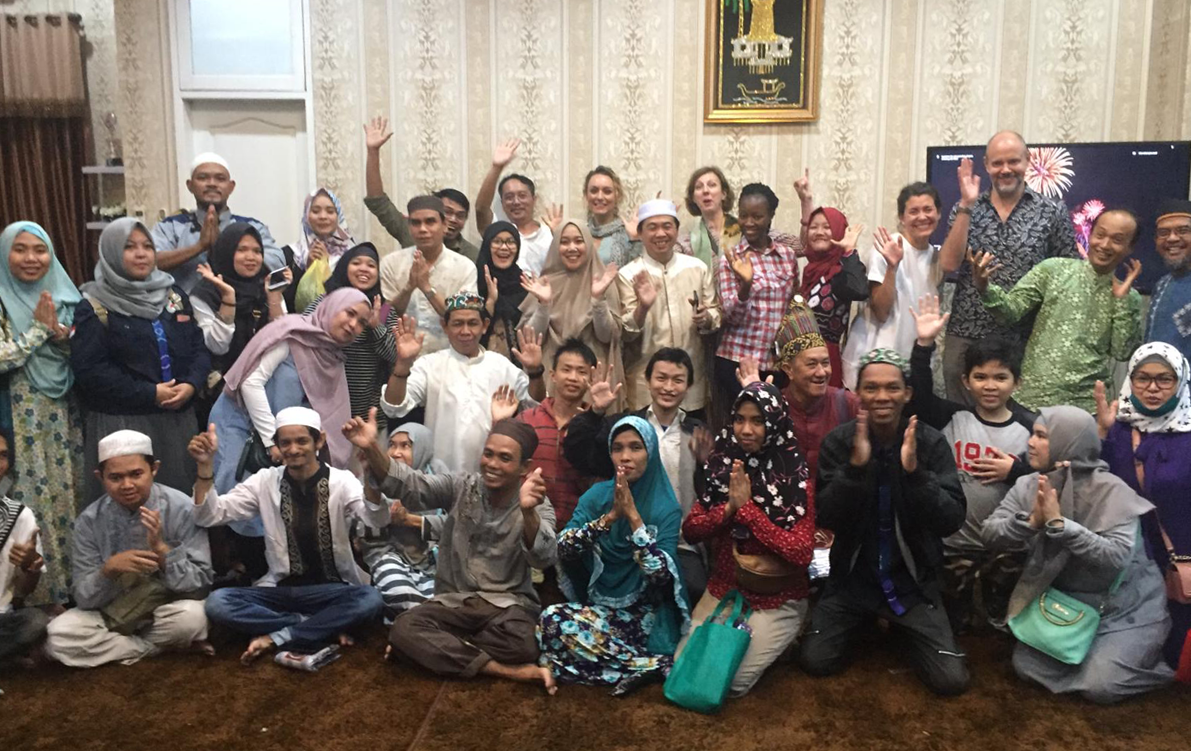
Life Changing Assistive Technology for All in Freetown and Banjarmasin
Sierra Leone Urban Research Centre, Hawanatu BanguraOct. 6, 2019Hawanatu gives an overview of a two-week workshop held in Banjarmasin in May 2019 with a team from UCL (UK), Kota Kita and Kaki Kota (Indonesia), and SLURC (Sierra Leone) as part of the project. The workshop started with site visits to the two communities (Pelambuan and Kelayan) in Banjarmasin where the AT2030 would be implemented. Participants then introduced useful presentations on the wider AT2030 project, disability, AT and informality between the two countries (Indonesia and Sierra Leone).
